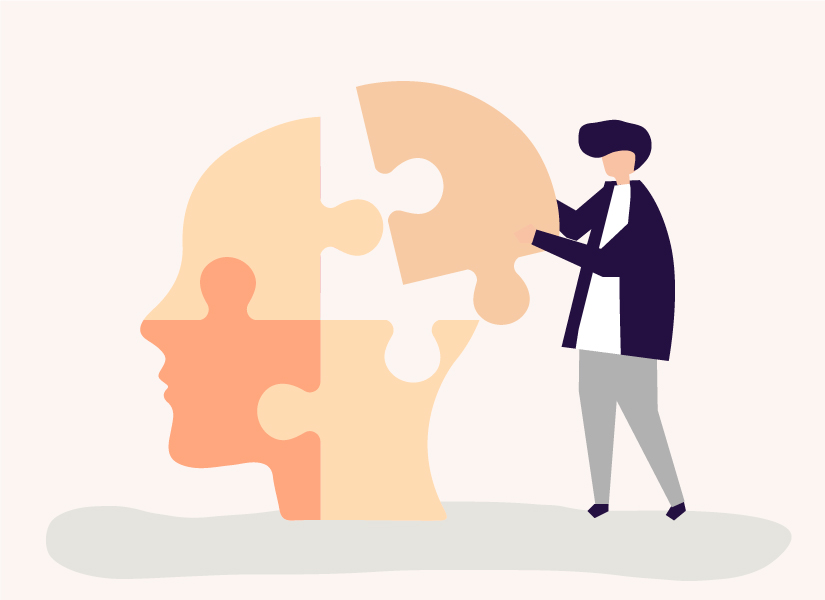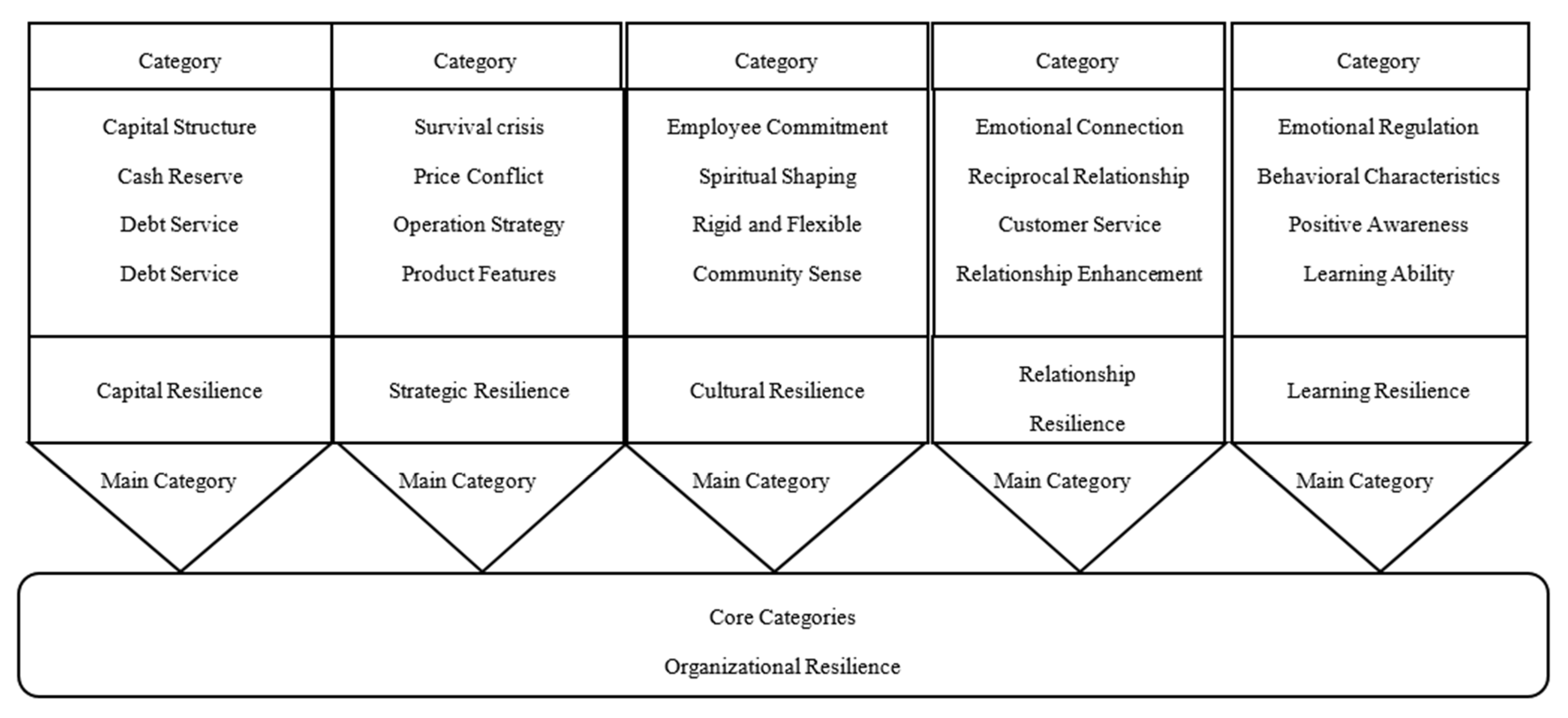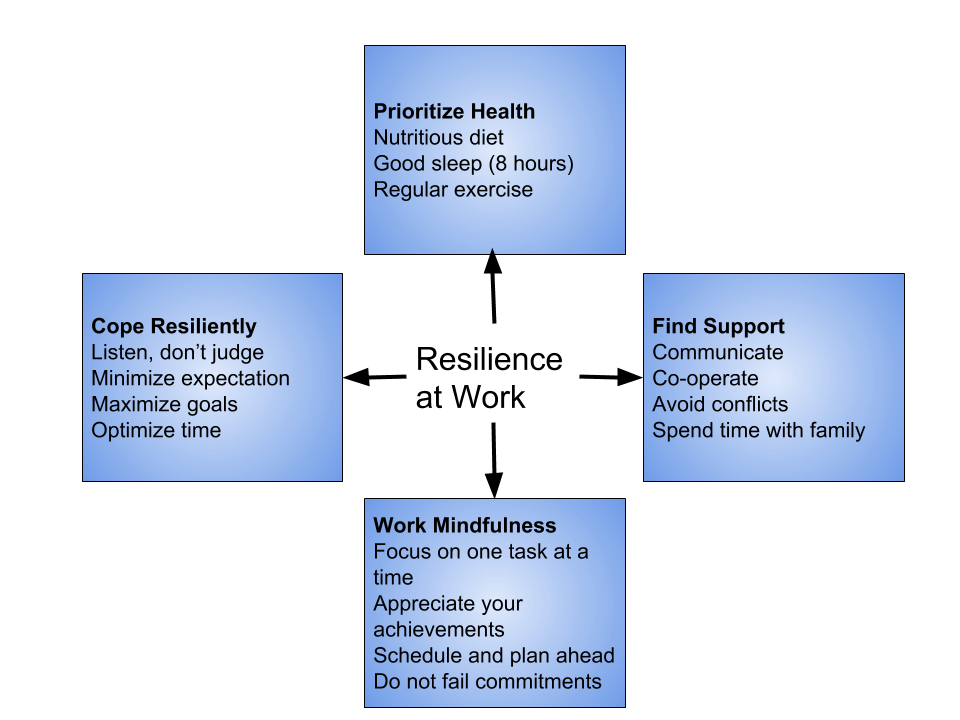Last Updated on March 29, 2023 by Editors Desk
Table of Content
- Introduction
- What is emotional resilience?
- The importance of emotional resilience in business
- Signs of emotional resilience in business
- Strategies for building emotional resilience
- Implementing emotional resilience in the workplace
- Measuring emotional resilience in business
- Conclusion
- FAQs
Introduction
Emotional resilience is a crucial factor in achieving success in the fast-paced and competitive world of business. It’s the ability to adapt to changes, recover from setbacks, and remain focused on your goals despite the challenges. In today’s business environment, where change is constant, and uncertainty is the norm, emotional resilience is more important than ever.

The good news is that emotional resilience is a skill that can be developed with practice and effort. In this guide, we’ll explore what emotional resilience is, why it’s important, and how you can build it to achieve success in your business.
What is emotional resilience?
Emotional resilience is the ability to cope with stress, adversity, and uncertainty. It’s capacity to remain calm, focused, and optimistic in the face of challenges. Emotional resilience is not about being invincible or not feeling emotions. Instead, it’s about having the ability to bounce back from setbacks, learn from failures, and move forward with determination. It’s a skill that helps you stay motivated, productive, and focused on your goals.
The importance of emotional resilience in business

Emotional resilience is essential for success in business. In a fast-paced and competitive environment, setbacks and failures are inevitable. If you don’t have emotional resilience, you’ll be more likely to give up or become overwhelmed by the challenges.
Emotional resilience helps you stay motivated, focused, and productive even when things get tough. It also helps you maintain good relationships with colleagues, clients, and partners, which is critical for success in business.
Signs of emotional resilience in business
Emotionally resilient individuals have several characteristics that set them apart from others. They are self-aware and have a good understanding of their emotions and how they affect their behavior. They are also adaptable and can adjust to changes quickly.
They have a positive outlook and can find meaning in difficult situations. They are also good at problem-solving and can come up with creative solutions to challenges. Finally, they have a strong support system and can rely on others for help and guidance.
Strategies for building emotional resilience
Emotional resilience is a skill that can be developed with practice and effort.

Here are some strategies that can help you build your emotional resilience:
1. Practice self-care
Self-care is essential for building emotional resilience. It involves taking care of your physical, emotional, and mental health. Some examples of self-care include getting enough sleep, eating a healthy diet, exercising regularly, and practicing mindfulness.
2. Develop a growth mindset
A growth mindset is a belief that you can learn and grow from your experiences. It helps you see setbacks and failures as opportunities for growth and learning, rather than as obstacles. Developing a growth mindset can help you build your emotional resilience by giving you the confidence to face challenges and try new things.
3. Set realistic goals
Setting realistic goals is essential for building emotional resilience. When you set goals that are too high or unrealistic, you’re more likely to become discouraged and overwhelmed when you don’t achieve them. Setting realistic goals helps you stay motivated, focused, and productive.
4. Practice gratitude
Gratitude is the practice of focusing on the positive aspects of your life. It helps you maintain a positive outlook and can improve your emotional resilience. Practicing gratitude can be as simple as keeping a gratitude journal or taking a few minutes each day to reflect on the things you’re grateful for.
5. Cultivate a positive mindset
A positive mindset is essential for building emotional resilience. It involves focusing on the positive aspects of your life and maintaining a positive outlook. Cultivating a positive mindset can help you stay motivated, focused, and optimistic in the face of challenges.
Techniques for coping with stress and adversity
Coping with stress and adversity is an essential part of building emotional resilience.

Here are some techniques that can help you cope with stress and adversity:
1. Practice mindfulness
Mindfulness is the practice of being present in the moment and focusing on your thoughts and feelings without judgment. It can help you manage stress and anxiety by helping you stay calm and focused.
2. Use visualization techniques
Visualization techniques involve imagining yourself in a positive situation or outcome. It can help you stay motivated and focused on your goals, even when things get tough.
3. Take breaks
Taking breaks is essential for managing stress and preventing burnout. It helps you recharge your batteries and come back to your work with renewed energy and focus.
4. Seek support
Seeking support from others is essential for building emotional resilience. It can help you feel less alone and provide you with guidance and advice when you need it.
Developing emotional intelligence

Emotional intelligence is the ability to understand and manage your emotions and the emotions of others. It’s an essential skill for building emotional resilience because it helps you understand your triggers and manage your emotions effectively. Here are some ways to develop emotional intelligence:
1. Practice empathy
Empathy is the ability to understand and share the feelings of others. It’s an essential skill for developing emotional intelligence because it helps you build stronger relationships with others.
2. Learn to communicate effectively
Effective communication is essential for developing emotional intelligence. It involves understanding your own emotions and the emotions of others and communicating in a way that is clear, respectful, and empathetic.
3. Learn to manage conflict
Managing conflict is an essential part of developing emotional intelligence. It involves understanding the root causes of conflict and finding ways to resolve it in a way that is respectful and empathetic.
Building a support system
Building a support system is essential for building emotional resilience. It involves surrounding yourself with people who can provide you with guidance, advice, and emotional support.

Here are some ways to build a support system:
1. Join a networking group
Joining a networking group can help you build relationships with other professionals in your industry. It can also provide you with guidance and advice when you need it.
2. Seek out a mentor
A mentor is someone who can provide you with guidance and advice based on your own experiences. Having a mentor can help you build your emotional resilience and achieve your goals.
3. Build relationships with colleagues
Building relationships with colleagues can help you build your emotional resilience by providing you with a support system at work. It can also help you build stronger relationships with clients and partners.
Implementing emotional resilience in the workplace
Implementing emotional resilience in the workplace is essential for building a strong and resilient team.

Here are some strategies for implementing emotional resilience in the workplace:
1. Provide training
Providing training on emotional resilience can help your team develop the skills and mindset required to thrive in the face of challenges.
2. Encourage self-care
Encouraging self-care can help your team manage stress and prevent burnout. It can also improve productivity and morale.
3. Foster a positive work environment
Fostering a positive work environment can help your team stay motivated and engaged. It involves creating a culture of support, respect, and empathy.
Measuring emotional resilience in business
Measuring emotional resilience in business can be challenging because it’s a subjective concept.

However, there are some tools and techniques that can help you measure emotional resilience, such as:
1. Surveys
Surveys can help you gather information about your team’s emotional resilience and identify areas for improvement.
2. Assessments
Assessments can help you measure your team’s emotional intelligence and identify areas for development.
3. Performance metrics
Performance metrics can help you measure your team’s productivity and engagement, which are indicators of emotional resilience.
Conclusion
Emotional resilience is a crucial factor in achieving success in business. It’s the ability to cope with stress, adversity, and uncertainty. In this guide, we’ve explored what emotional resilience is, why it’s important, and how you can develop it.
We’ve also provided strategies and techniques for coping with stress and adversity, developing emotional intelligence, building a support system, and implementing emotional resilience in the workplace. By developing your emotional resilience, you’ll be better equipped to achieve your business goals and thrive in the face of challenges.

FAQs
Here are some FAQs for “The Authority Guide to Emotional Resilience in Business”:
Q: What is emotional resilience?
A: Emotional resilience is the ability to bounce back from setbacks, adapt to change, and stay focused and motivated in the face of adversity.
Q: Why is emotional resilience important in business?
A: Emotional resilience is crucial for success in business. Entrepreneurs face a multitude of challenges, from financial setbacks to interpersonal conflicts. The ability to navigate these challenges with grace and resilience is what sets successful entrepreneurs apart from those who struggle.
Q: Can emotional resilience be developed?
A: Yes, emotional resilience is not a fixed trait that you either have or don’t have. It is a skill that can be developed and strengthened over time.
Q: What factors affect emotional resilience?
A: Emotional resilience is influenced by a variety of factors, including genetics, upbringing, and life experiences. However, social support, self-care, and mindset are critical factors that can be actively improved.
Q: How can I build emotional resilience in the workplace?
A: Building emotional resilience takes time and effort, but the rewards are well worth it. Practicing self-care, fostering social support, cultivating a growth mindset, practicing mindfulness, and setting realistic goals are all effective strategies for building emotional resilience in the workplace.
Q: What are some effective strategies for coping with stress and adversity?
A: Practicing mindfulness, engaging in activities that bring you joy and fulfillment, and seeking professional support are all effective strategies for coping with stress and adversity.
Q: How can mindfulness help with emotional resilience?
A: Mindfulness is a powerful tool for building emotional resilience. By practicing mindfulness, you can learn to manage your thoughts and emotions in a healthy and productive way. Mindfulness can also help you develop greater self-awareness, which is a critical component of emotional resilience.



